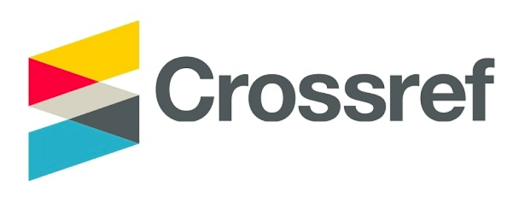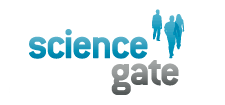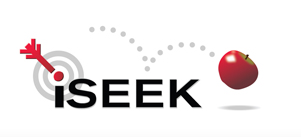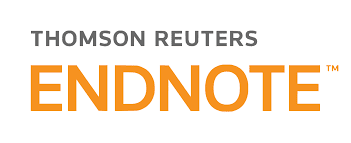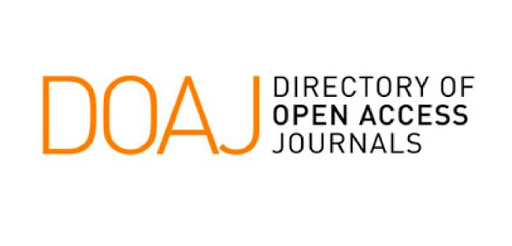Paper ID : SMJ1310215510394 | View : 34

Abstract : Background: Percutaneous coronary intervention (PCI) is one of the treatment strategies used in Acute Coronary Syndrome (ACS). Many factors influence prognosis in acute coronary syndrome. Thyroid hormones play a critical role in cardiac and vascular physiology, and hypothyroidism has significant cardiovascular consequences, even if hormone levels are only slightly altered. This study aims to explore prognosis in patients with ACS and preexisting thyroid stimulating hormone defects (TSH) who undergo PCI surgery. Methods: The TSH was an independent indicator of 1-year all-cause mortality in euthyroid patients with ACS who underwent PCI. A retrospective cohort study was conducted by review of records of all patients who had TSH abnormalities and underwent PCI between 2017 and 2021 in the Department of Medicine at King Abdulaziz University Hospital in Jeddah, Saudi Arabia. Results: We reviewed records of up to 500 coronary care unit patients with TSH levels above 4 mlU/L or below 0.4 mlU/L who had PCI procedures. The study included 152 adult patients. Out of those, 94 (61.8%) had a successful procedure, while 58 (38.2%) developed complications including recurrence, requiring coronary artery bypass grafting, heart failure, and death. Conclusion: TSH level has a strong relation with prognosis in patients undergoing PCI. Controlling thyroid hormone levels minimizes postoperative complications. More studies are needed to help us improve patient health.

